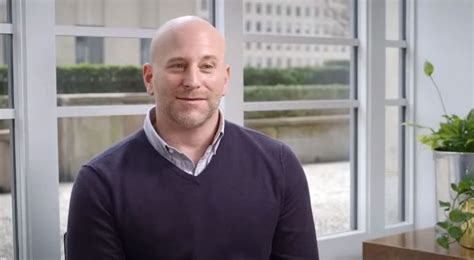A Quote by Aleister Crowley
The customer is usually wrong, but statistics indicate that it doesn't pay to tell him so
Related Quotes
To quote a recent customer email, “I really appreciate your thoughtful and professional response. I don’t get that a lot from customer service. Usually, it’s scripted nonsense that makes it seem like I’ve done something wrong. You’ve single-handedly improved my perception tenfold. Someone there ought to give you a pay raise."
The media is the only business in the world where the customer is always wrong. If you're a news consumer, if you're a customer, and you complain to them, they will tell you that you are not sophisticated enough to understand what they do, and they're tell you to go listen or watch somewhere else. They're not even really doing the news for you. They're doing news for other journalists and other people in government because that's their real audience.
The best way to apologize is to let the customer vent first. Don't interrupt, just take notes and make empathetic noises. You can even tell the customer that it makes you mad too. Second, ask the customer what their speed of need is. Tell them what they ant to hear. That you apologize, that you understand how they feel, that you are meeting with the appropriate people to get a resolve, and that it will be done in 24-hours.
The best way to do business with a liar is confront them with the truth. Tell them that you do business as a partner. If your lying customer still can't see the light, tell him that you may not be the best choice for business, and that you think you have someone that can serve him better. Then, refer him to the competitor that you hate the most.
We grow by letting the customer tell us. So when the customer tells us that they're frustrated, that they just got their catalogue and we're already out of a product they wanted, then it tells me that we're not making enough. We let the customer tell us instead of creating an artificial demand for our products. Any time you're making products that people don't need, you're at the mercy of the economy, you're at the mercy of whatever is going on. So we tried to avoid that situation.






































